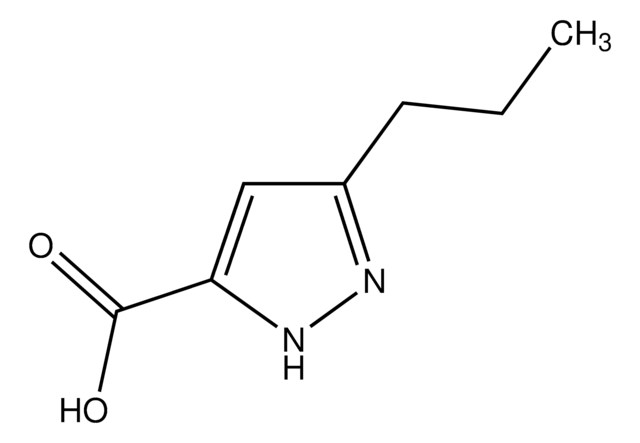760455
Ethyl 2-(phenylcarbonothioylthio)propionate
97% (HPLC)
Sinónimos:
2-[(Phenylthioxomethyl)thio]propanoic acid ethyl ester, Ethyl 2-(phenylcarbonothioylthio)propanoate
About This Item
Productos recomendados
Ensayo
97% (HPLC)
Formulario
liquid
índice de refracción
n20/D 1.611
densidad
1.163 g/mL at 25 °C
temp. de almacenamiento
2-8°C
cadena SMILES
CCOC(=O)C(C)SC(=S)c1ccccc1
InChI
1S/C12H14O2S2/c1-3-14-11(13)9(2)16-12(15)10-7-5-4-6-8-10/h4-9H,3H2,1-2H3
Clave InChI
NXWVPIWRMPQYEX-UHFFFAOYSA-N
Descripción general
Aplicación
Código de clase de almacenamiento
12 - Non Combustible Liquids
Clase de riesgo para el agua (WGK)
WGK 3
Punto de inflamabilidad (°F)
Not applicable
Punto de inflamabilidad (°C)
Not applicable
Elija entre una de las versiones más recientes:
Certificados de análisis (COA)
¿No ve la versión correcta?
Si necesita una versión concreta, puede buscar un certificado específico por el número de lote.
¿Ya tiene este producto?
Encuentre la documentación para los productos que ha comprado recientemente en la Biblioteca de documentos.
Artículos
The modification of biomacromolecules, such as peptides and proteins, through the attachment of synthetic polymers has led to a new family of highly advanced biomaterials with enhanced properties.
Micro review of reversible addition/fragmentation chain transfer (RAFT) polymerization.
Protocolos
We present an article about RAFT, or Reversible Addition/Fragmentation Chain Transfer, which is a form of living radical polymerization.
We presents an article featuring procedures that describe polymerization of methyl methacrylate and vinyl acetate homopolymers and a block copolymer as performed by researchers at CSIRO.
Polymerization via ATRP procedures demonstrated by Prof. Dave Haddleton's research group at the University of Warwick.
Filtros activos
Nuestro equipo de científicos tiene experiencia en todas las áreas de investigación: Ciencias de la vida, Ciencia de los materiales, Síntesis química, Cromatografía, Analítica y muchas otras.
Póngase en contacto con el Servicio técnico








